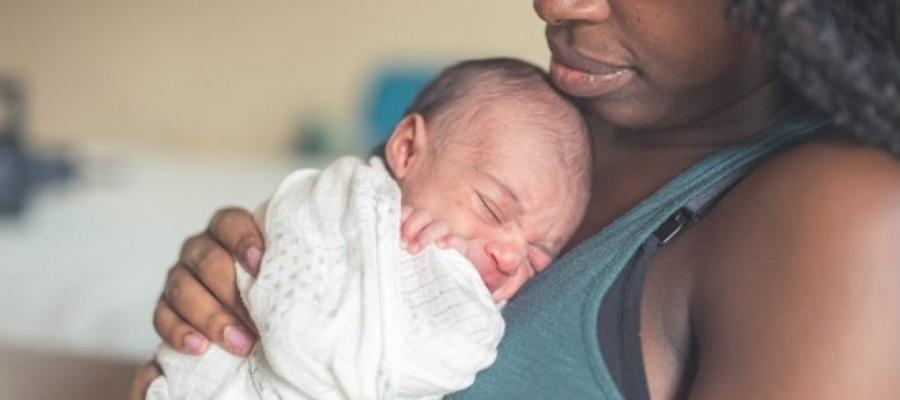CDC finds lower RSV hospitalization rates for infants receiving prevention products

The Centers for Disease Control and Prevention May 8 released an analysis that found declines in hospitalizations for infants infected with respiratory syncytial virus during the 2024-2025 RSV season — the first with widespread availability of the maternal RSV vaccine and nirsevimab, a long-acting monoclonal antibody. Rates were 45% to 52% lower for infants less than 3 months old and 28% to 43% lower for those less than 8 months old. As of February, an estimated 66% of infants received either the maternal RSV vaccine or nirsevimab during the 2024-2025 season.
Related News Articles
Headline
The Centers for Medicare & Medicaid Services announced Dec. 30 that it will no longer require states to report measures reflecting the immunization status…
Headline
The Centers for Disease Control and Prevention Jan. 5 updated the childhood vaccine schedule, recommending three categories of vaccines. The first category…
Headline
The Department of Health and Human Services Dec. 18 announced three regulatory actions related to the practice of “sex-rejecting procedures” on…
Headline
Vickie Johnson, executive vice president and chief community officer at Cleveland Clinic, and Roopa Thakur, M.D., pediatrician and associate program director…
Headline
Elizabeth Dabrowski, M.D., pediatric endocrinologist at Children’s Wisconsin, and Matthew Edwards, R.D., diabetes care and education specialist at Children’s…
Headline
The Food and Drug Administration Nov. 8 announced it is investigating an outbreak of 13 infant botulism illnesses in 10 states. The agency said all cases were…

